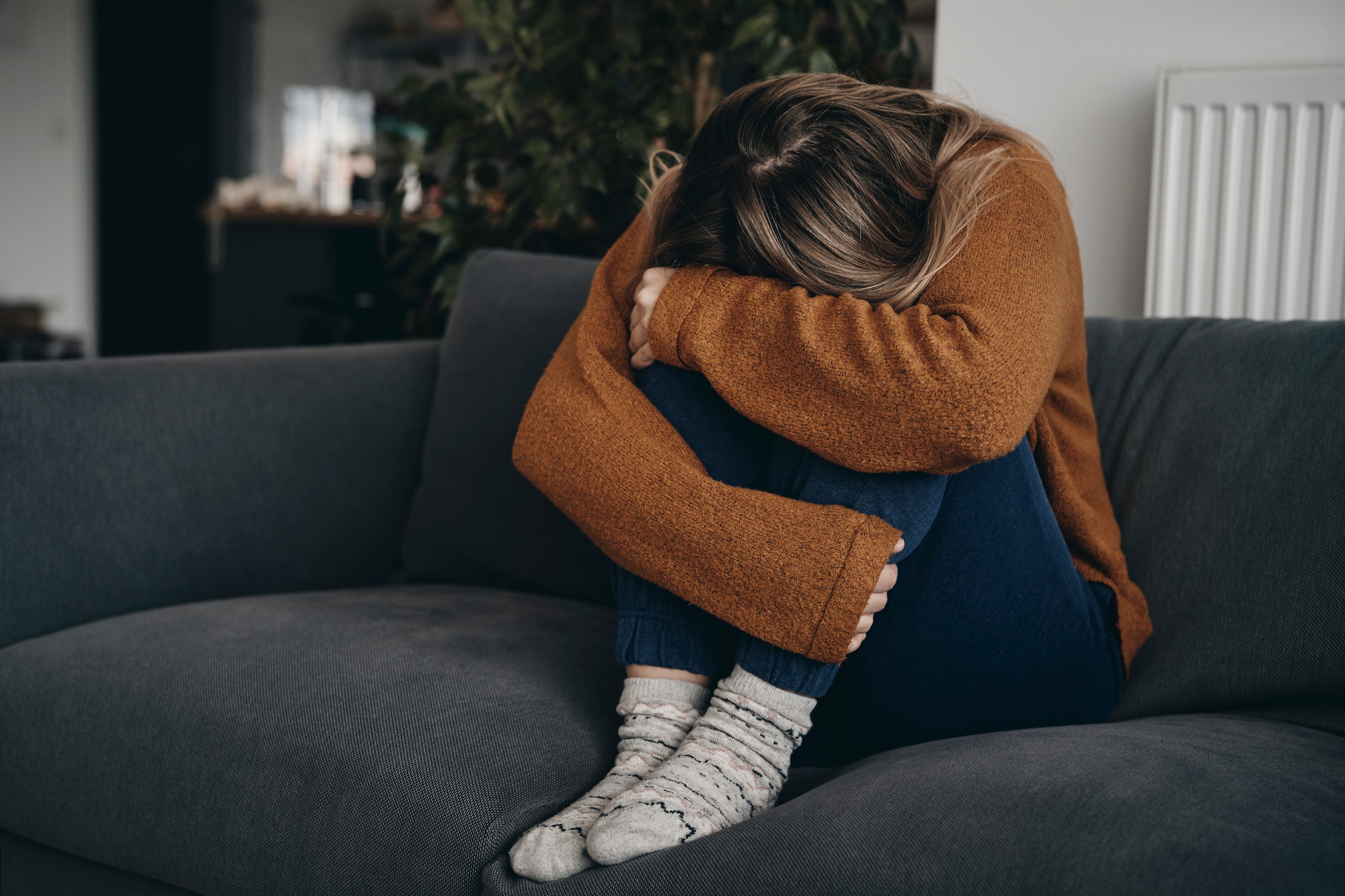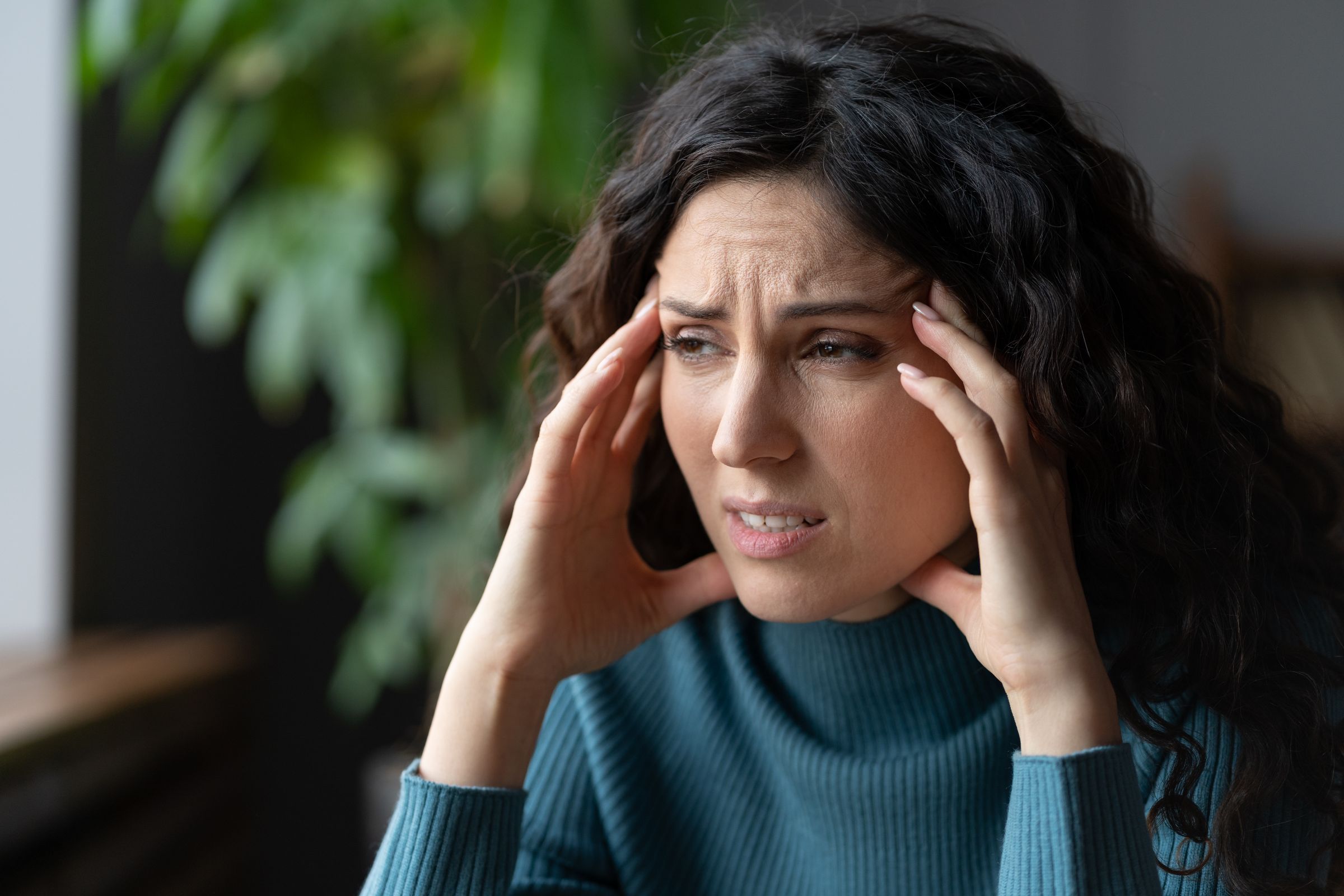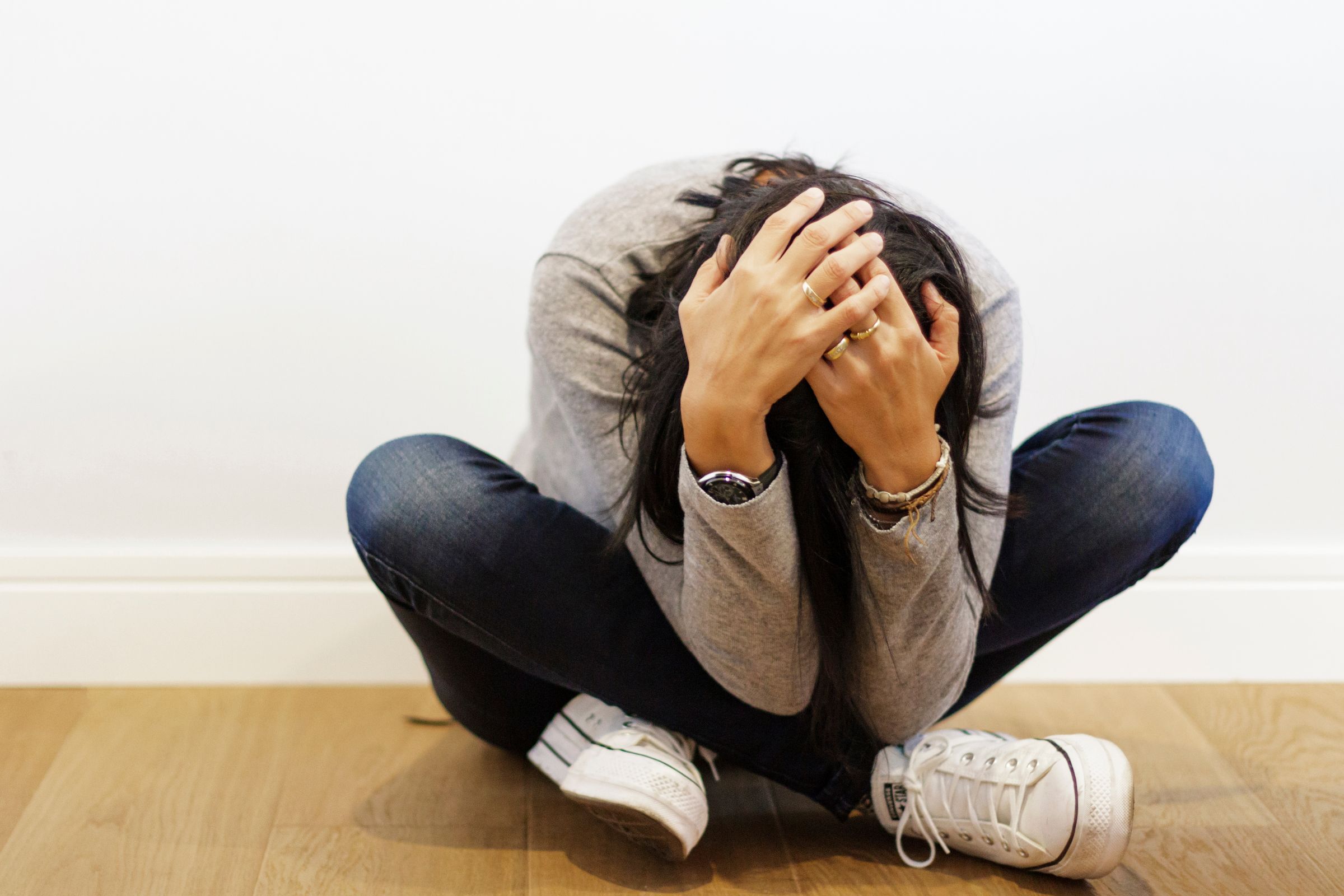Today, working from home has become a reality for millions of people and it is a trend that does not want to disappear but rather take root in the daily routine of more and more professionals. This change in the way of working has been driven by different factors, such as technological advances and in recent years thanks to changing global circumstances such as the COVID-19 pandemic.
While this transition has offered a range of advantages, such as flexibility in schedules and the comfort of a home environment, it is not without challenges that affect our mental health.
Maintaining balanced mental health has emerged as a crucial day-to-day challenge for all those working from home. The balance between work responsibilities and the personal sphere has taken on a different dimension as the workspace merges with the home environment. This radical change has led to a deep reflection on the advantages and disadvantages that teleworking brings with it.
Today we want to talk about some practical tips and fundamental strategies to take care of mental health and maintain high levels of motivation in this new work paradigm.
Recommended: Follow these tips to work from home more effectively

Advantages of working from home
Some of the advantages that we can find with teleworking include:
- Schedule flexibility: You can work at your own pace and set your own hours. This can be a big advantage for people who have children, family obligations, or simply want more control over their schedule.
- Saving time and money: You don't have to travel to the office, which saves you time and money. This can free you up to do other things, such as spending more time with your family or friends, or pursuing other hobbies.
- Greater convenience: You can work from anywhere with an Internet connection. This gives you the freedom to work from home, a coffee shop, a library, or even the beach.
- Fewer distractions: When you work from home, you are surrounded by your own things and feel more comfortable. This can help you focus and be more productive.
- Greater autonomy: You have more control over your work and your tasks. This can be a great advantage for people who are self-motivated and prefer to work independently.
Disadvantages of working from home
Although teleworking brings with it several advantages in people's lives, there are also some negative points such as:
- Lack of boundaries between work and personal life: It can be difficult to separate work from personal life when you work from home. This can lead to overwork and burnout.
- Social isolation: You may lose contact with your coworkers and friends when you work from home. This can lead to social isolation and depression.
- Communication and collaboration problems: It can be more difficult to communicate and collaborate with your coworkers when you work from home. This can lead to errors and delays.
- Ergonomics and physical health problems: If you do not have an adequate workspace, you may suffer from ergonomics and physical health problems. This can lead to muscle pain, stress, and other health problems.

How to take care of your mental health when working from home
- Create a suitable workspace: Make sure your workspace is comfortable and ergonomic. This will help you focus and reduce stress.
- Make a schedule: Establish a time to work and to rest. This will help you stay organized and avoid burnout.
- Set limits: Set limits Clear boundaries between work and personal life. This will help you avoid stress and social isolation.
- Exercise regularly: Exercise is a great way to reduce stress and improve your mental health. Try to exercise at least 30 minutes a day, 5 days a week.
- Include the behavioral activation technique: The behavioral activation technique is a method that helps you increase your activity and reduce inactivity. This technique can be useful to combat depression and anxiety.
- Maintain a healthy diet: A healthy diet is important for your mental and physical health. Make sure you eat plenty of fruits, vegetables, and whole grains. It is also important to limit the consumption of sugar, alcohol and caffeine.
- Take regular breaks: Take regular breaks throughout the day to avoid burnout. Get up and walk for a few minutes every hour or two. You can also take a longer break for lunch or exercise.
- Cultivate interests beyond work: It is important to have interests beyond work. This will help you stay motivated and avoid stress.
- Dedicate time to pleasant activities: Take advantage of your free time to do activities that you enjoy, such as reading, cooking, painting or any hobby that relaxes you and distracts you from work.
- Stay connected with friends and family: Even if it's virtually, stay in touch with your loved ones. Host video calls, play online games, or just chat to maintain strong social connections.
These additional tips can complement strategies for maintaining optimal mental health while working from home. The key is finding a balance between work and self-care, so don't be afraid to try different methods to find what works best for you!
Don't forget social interactions
Did you know that oxytocin, also known as the "love hormone", is essential for your mental health? This hormone helps reduce stress, anxiety, and depression, and also promotes trust, empathy, and social connection.
If you work from home, it's important to find ways to increase your oxytocin levels. Here are some tips:
- Create opportunities for physical contact. Hugs, massages, and intimacy with your partner are great ways to increase oxytocin levels.
- Listen to relaxing music. Music can help reduce stress and anxiety, which can increase oxytocin levels.
- Be kind and compassionate to others. Even a simple compliment or smile can help increase oxytocin levels.
How can I stay motivated while working from home?
Keeping motivation high can be a real challenge when you find yourself in the remote work environment. A great way to keep your spirits high is by setting daily and weekly goals to keep your focus on the goals you have set for yourself. Additionally, you might consider trying the Pomodoro technique, which involves dividing your workday into time blocks of about 25 minutes of uninterrupted work, followed by short breaks to clear your mind and recharge.
How to reduce stress while working from home?
Stress can be a common companion in any work environment, but working from home can make it even more difficult to manage. To counteract this, it is essential to dedicate time to activities that relax you and help you reduce pressure. Whether it's through regular physical exercise, meditation, yoga, or even simple deep breathing techniques, you can combat stress effectively. Likewise, listening to relaxing music has proven to be an excellent way to relieve stress and reduce the pressure you may be feeling in your home work environment.











Comentarios